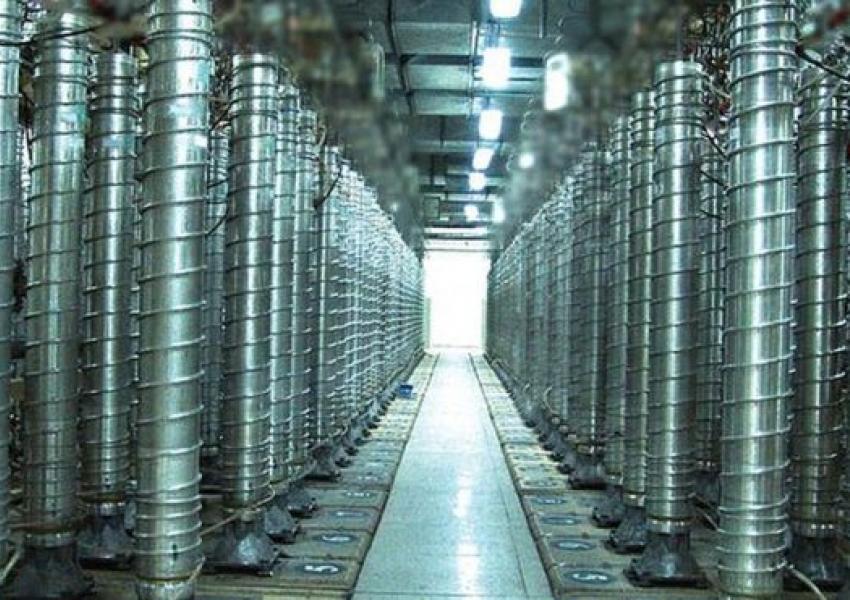
IAEA: Iran Just Moved A Cascade Of Advanced Centrifuges Underground
In its most recent report, the UN nuclear watchdog IAEA announced that Iran has just moved the first cascade of advanced centrifuges from an above-ground uranium enrichment site to an underground one in a fresh breach of its nuclear deal, also known as the Joint Comprehensive Plan of Action (JCPOA).
The International Atomic Energy Agency report has also stated that Iran continues to increase its stockpile of low-enriched uranium and enriching it to a greater purity far beyond the limits set in the nuclear deal.
The transfer to the underground plant which seems to be built to withstand aerial bombardment was done after an explosion and fire at Natanz nuclear site in July, which Tehran has called an act of sabotage.
“They finished installing one of the three cascades and they have started installing a second cascade," a senior diplomat said, adding that while they were being moved, these more efficient and productive machines were not operating as yet. A cascade is an interlinked cluster of centrifuge machines.
The International Atomic Energy Agency reported in a confidential document distributed to member countries and seen by The Associated Press that Iran as of November 2 had a stockpile of 2,442.9 kilograms (5385.7 pounds) of low-enriched uranium, up from 2,105.4 kilograms (4,641.6 pounds) reported on August 25.
The JCPOA allows Iran only to keep a stockpile of 202.8 kilograms (447 pounds).
The report also states that Iran has also been continuing to enrich uranium to a purity of up to 4.5%, higher than the 3.67% allowed under the deal.
Iran has openly announced all violations of the nuclear deal in advance, which have followed the decision by the US to pull out of the JCPOA unilaterally in 2018.
The deal promised Iran economic incentives in exchange for the curbs on its nuclear program. Since the U.S. withdrawal and imposition of new sanctions, Tehran has been putting pressure on the remaining parties with the violations to come up with new ways to offset the economy-crippling actions by Washington.
At the same time, the Iranian government has continued to allow International Atomic Energy Agency inspectors full access to its nuclear facilities, a key reason the countries that remain parties to the JCPOA say it is worth preserving.
The United States and Israel had been pressing the IAEA for some time to look into the Turquzabad facility, which Israeli Prime Minister Benjamin Netanyahu described to the U.N. in 2018 as a “secret atomic warehouse.”
In the current report, the IAEA said the “compositions of these isotopically altered particles” found there were "similar to particles found in Iran in the past, originating from imported centrifuge components.” It said it found Iran's response to questions last month “unsatisfactory."








